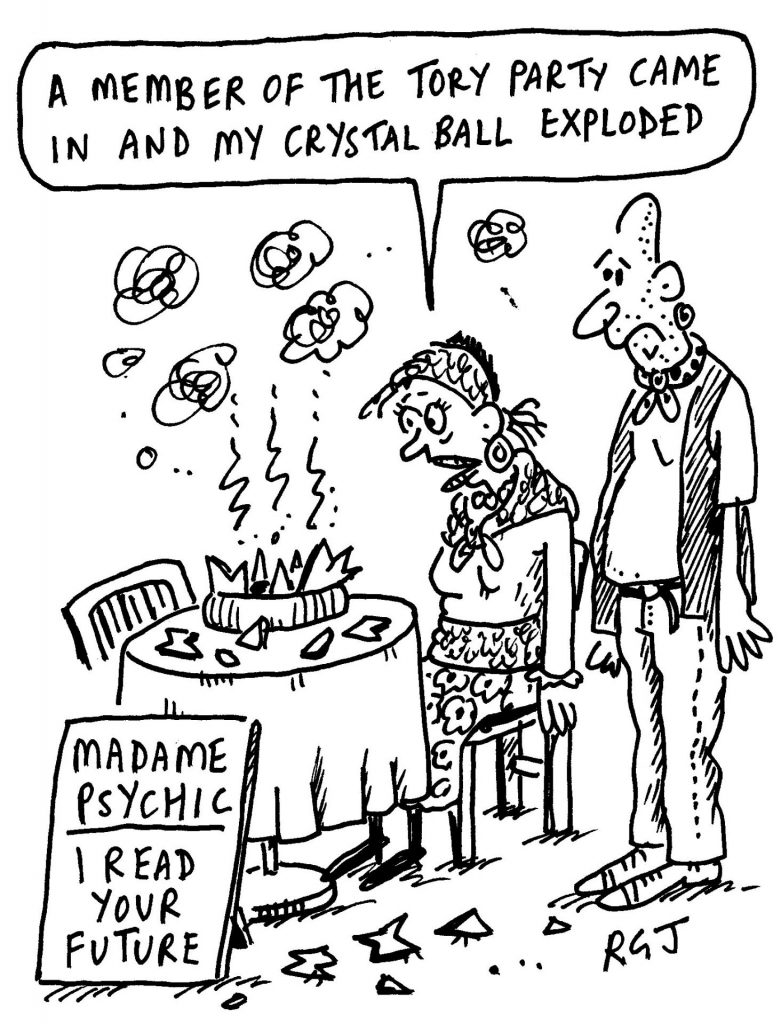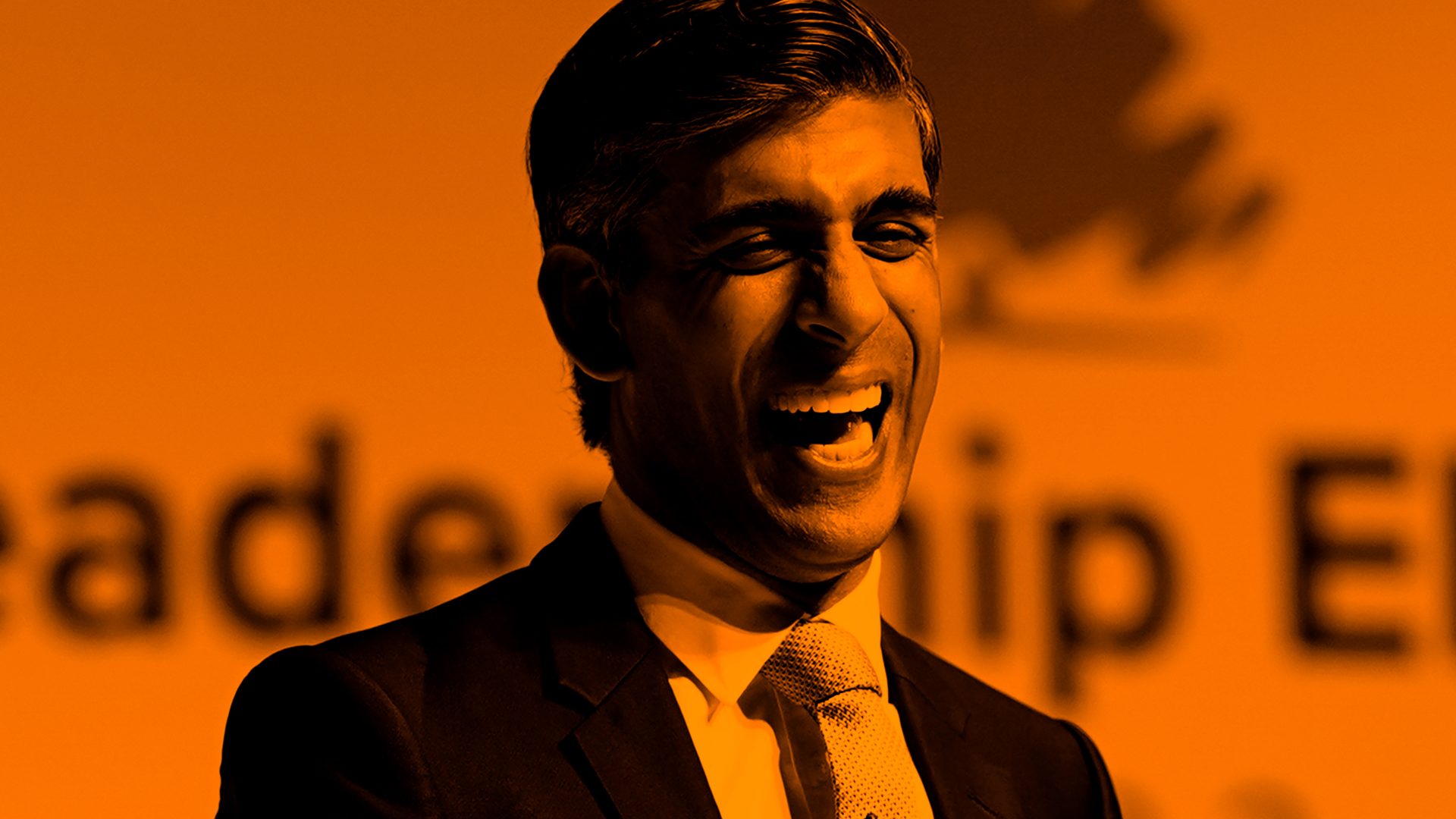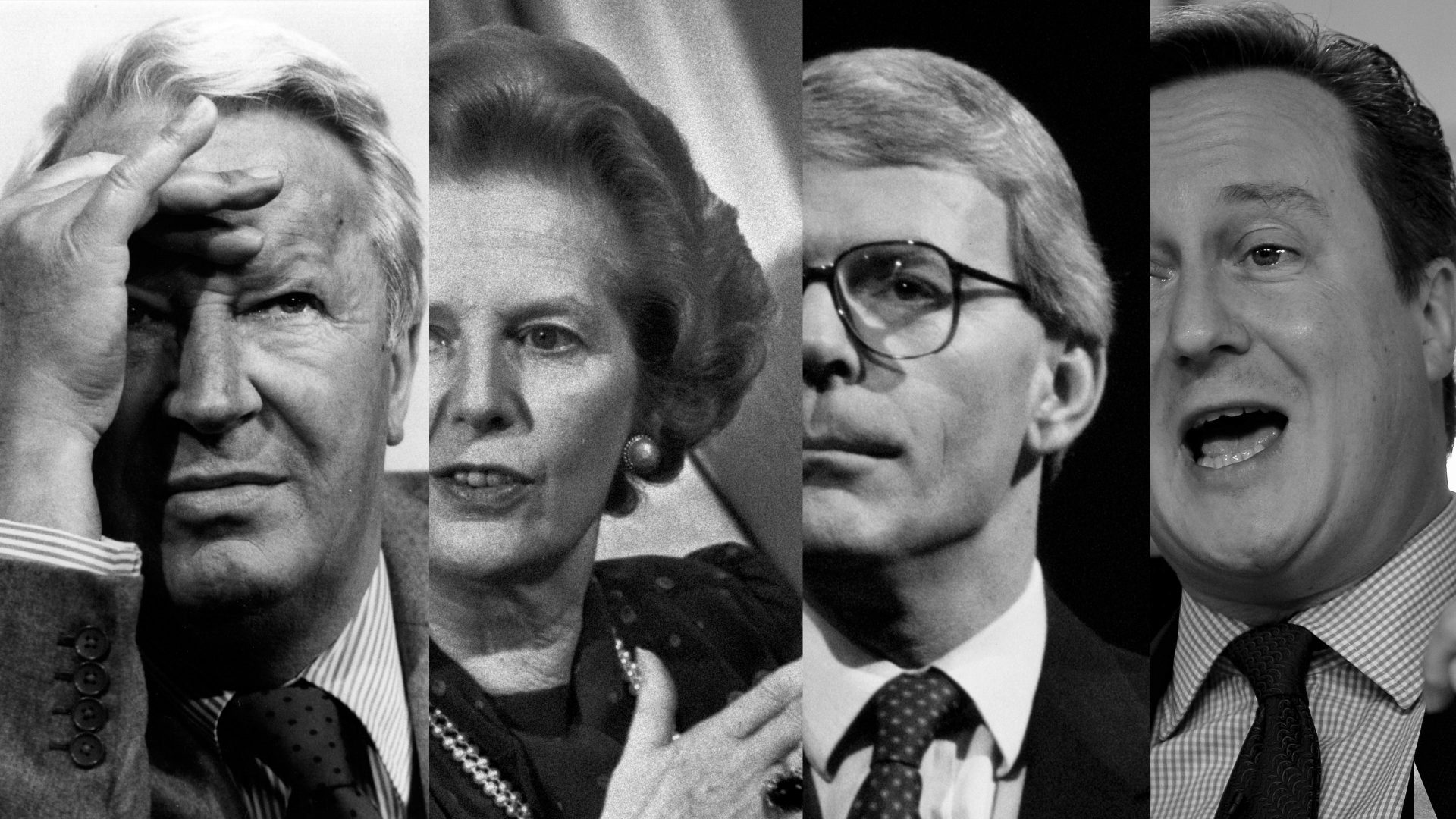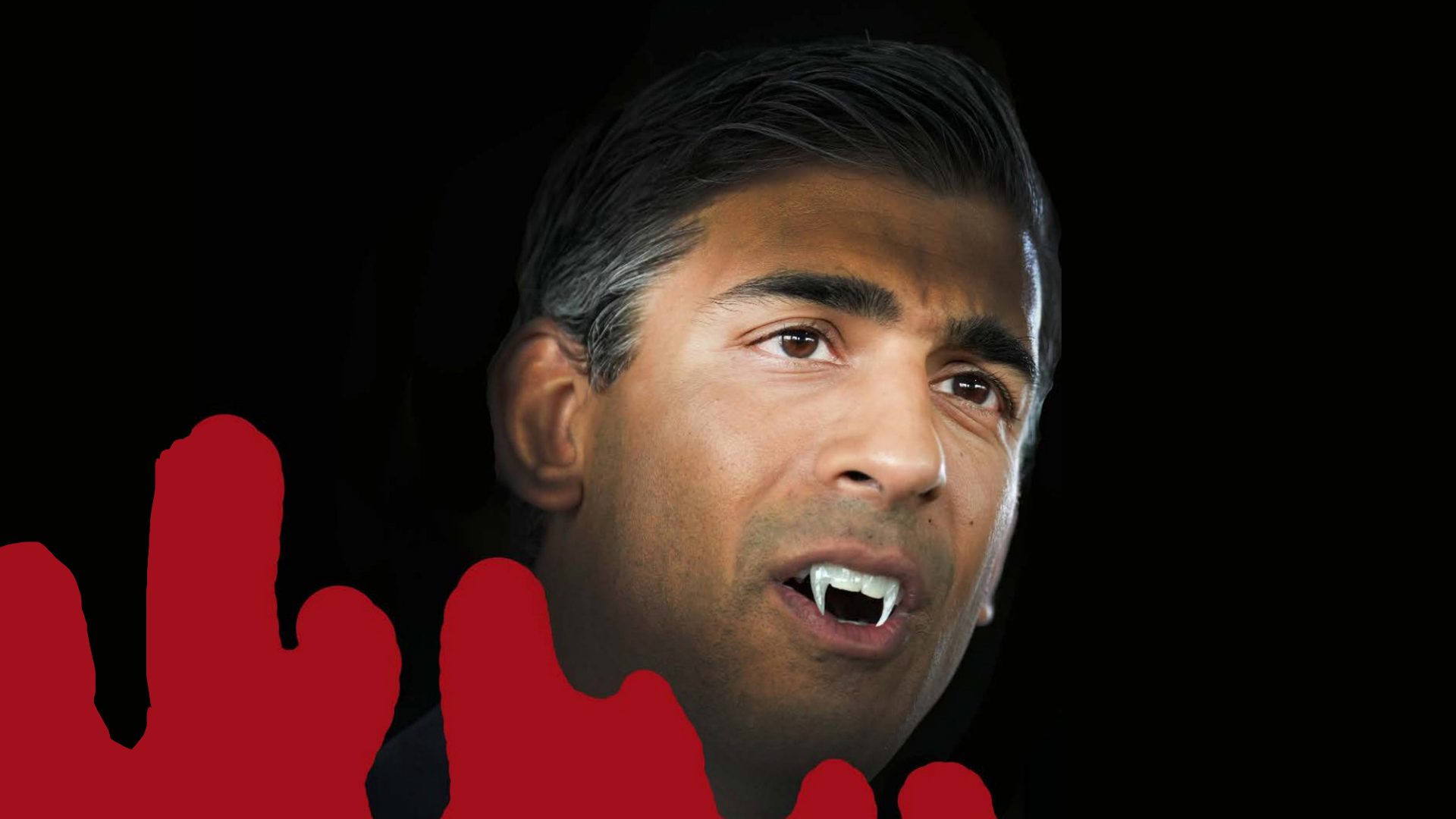“Dad!!!!” – what is it about young people and exclamation marks in text messages? “Your turd has gone viral!!!! Hahahaha!!!”
My daughter Grace is a comedian, so always on the lookout for good laughs, and my viral “turd” clearly gave her one. The turd in question though was not me or mine, but Boris Johnson, and the virality – is that a word? it is now – flowed from my saying on the BBC that he was “like a turd you cannot flush away”. “Language”, chipped in Politics Live presenter Jo Coburn. However, a quick check with the Ofcom daytime banned list afterwards established that naming as a turd a lying, lawbreaking ex-prime minister who fancied a comeback was absolutely fine. Just as you can call him a liar and a lawbreaker without the Johnson supporter on the panel, MP Paul Bristow, feeling he could rebut, or the editor worrying about a lawsuit for slander. Johnson is beyond slander.
Indeed there is no swear word strong enough to capture the reality of who and what Johnson is and the damage he has done to the country’s reputation. Turd strikes me as excessively polite. It does, however, fit the debasing of standards in public life for which Johnson has been responsible.
Once we have finally flushed him away, perhaps Johnson will become a swear word all of its own. In some quarters it is already a slang word for the male organ. But in future times it could become something far worse. Johnson: noun; a term of abuse directed at people of amoral character who lie repeatedly, break laws without contrition, and put their own ego ahead of all other considerations, including life, death, family and the health of people and economies. Forget the C-word. Use the J-word. Keep flushing till it’s gone, folks.
With Liz Truss having been so useless, and Johnson having made millions feel sick at the idea of his return, Rishi Sunak’s ascent to the premiership felt to many like something of a relief. Amid that relief, it would be all too easy to overlook the fact that he is well over on the right of his party.
As I have said here before, he is a Sovereign Individual type, who very much believes in the rich getting richer at the expense of the rights and prosperity of those further down the economic chain. He was also, unlike Johnson, a Brexit true believer, and the economic mess he takes over was exacerbated by Trussonomics – but did not start with it.
Nor should we forget, though he did finally knife Johnson, that he had sat alongside the charlatan-in-chief as the second most important figure in that cabinet, knowing who and what he was, and defending him to the hilt. Oh, and he broke lockdown laws with him too.
He is now trying to do what Theresa May, Johnson and Truss all did, and present himself as the leader of a new government. But it is not a new government. Only a general election can give us that. Five Tory prime ministers in six years. We used to laugh at Italy. We are the global joke now. All five, Sunak included, have played a part in making it happen.

It is 21 years since my former deputy Tim Allan set himself up as a strategy and public affairs consultant, with a single desk, a single laptop, a single employee, and a single client. He has since sold the company, Portland, which now employs around 300 people in different parts of the world.
For the 21st bash at a swanky South Bank venue, I was asked to find an A-list guest with whom to chat about changes in the political and media landscape over that time. Unfortunately Emily Maitlis was overseas so I had to make do with Jon Sopel, a BBC political reporter when Tim and I started out with Tony Blair in the middle of the last decade of the last century.
Jon now co-hosts the second most popular podcast in the country with Emily and Lewis Goodall. Modesty prevents me from mentioning that the one that keeps them off top spot is The Rest Is Politics, presented by Rory Stewart and Grace Campbell’s father.
There were several well-known BBC faces among the audience and one such, a very jolly Justin Webb, asked Jon what the “shackles” were that he had been able to shake off in leaving the BBC after 38 years on their payroll. Jon was able to rebut swiftly, saying that was a quote from another exiled BBC man, LBC presenter Andrew Marr, not him. But he went on to say he really did not miss all the editorial and bureaucratic hoops BBC staff have to go through before saying or doing anything remotely edgy or controversial. I said I worried the BBC was simply not adapting to the pace and scale of change in the media, or the political pressures the Tories remain determined to place them under.
I think both of us have been taken aback by just how much traction our podcasts are getting. Ours had more than two million downloads last week, which is frankly a bit bonkers, given it is just me and Rory Stewart blathering. The emergency podcast on Liz Truss’s resignation had 80,000 more listeners than any previous episode we had done, which suggests it is still growing fast.
My sense is that it all speaks to a frustration among many who are interested in politics that a lot of the day-to-day, hour-to-hour coverage is neither deep enough nor interesting enough to hold people’s attention for long. Jon said he thought it was more about what people felt about politics… that most do not live on the extremes where so much of the noisiest political debate takes place, and that we five are all banging around in our different ways in the centre ground and that is where most people are and want their politics to be. I think he may have a point.
Off to Paris to interview our latest podcast guest, former French president François Hollande, in whose new book, Bouleversements, you will find a scathing analysis of Brexit, and of David Cameron’s arrogance in how he handled both the referendum and his negotiations with the EU.
But it was another book I read last week, Mindfuck, by Cambridge Analytica whistleblower Christopher Wylie, that really got my blood boiling.
Take this paragraph alone: “The world did not know it yet, but Brexit was a crime scene. Britain was the first victim of an operation [Steve] Bannon had set in motion years before. The so-called ‘patriots’ of the Brexit movement, with their loud calls to rescue British law and sovereignty from the grips of the faceless European Union, decided to win a vote by mocking those very laws. And to do so, they developed a web of companies associated with Cambridge Analytica in foreign jurisdictions, away from the scrutiny of the agencies charged with protecting the integrity of our democracies.
“Foreshadowing what was to come in America, a clear pattern emerged during the Brexit debacle, where previously unknown foreign entities began exerting influence on domestic elections by deploying large data sets of unexplained origins. And with social media companies not performing any checks on the advertising campaigns spreading throughout their platforms, there was no one standing guard to stop hostile entities seeking to sow chaos and disrupt our democracies.”
Alt-right agitator Bannon may be going to jail for a few months for contempt of Congress, but that nobody has yet been jailed for the crimes and misdemeanours that gave us Brexit really is a blood-boiling outrage.
Read Wylie’s book and you will see why.




